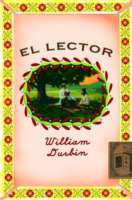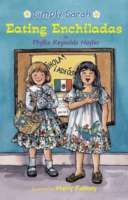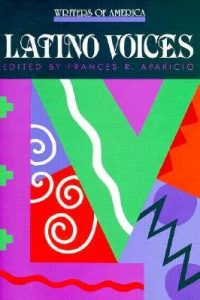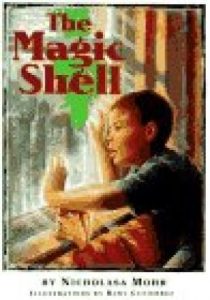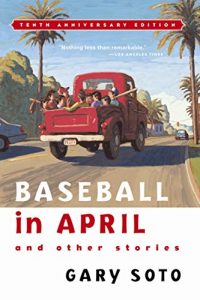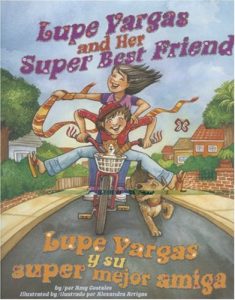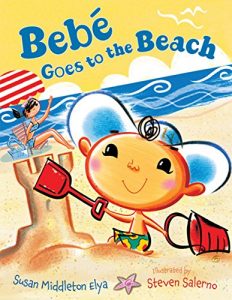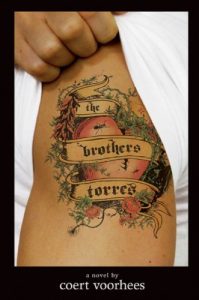 Frankie Towers has always looked up to his older brother, Steve, and with good reason. Steve is a popular senior who always gets what he wants: girls, a soccer scholarship, and–lately–street cred. Frankie, on the other hand, spends his time shooting off fireworks with his best friend Zach, working at his parents’ restaurant, and obsessing about his longtime crush, Rebecca Sanchez.
Frankie Towers has always looked up to his older brother, Steve, and with good reason. Steve is a popular senior who always gets what he wants: girls, a soccer scholarship, and–lately–street cred. Frankie, on the other hand, spends his time shooting off fireworks with his best friend Zach, working at his parents’ restaurant, and obsessing about his longtime crush, Rebecca Sanchez.
Frankie has reservations about Steve’s crusade to win the respect of the local cholos. He doesn’t think about them, though, until he gets into a fist fight John Dalton – the richest, preppiest kid in his New Mexican high school, and longtime nemesis of Steve. After the fight, Steve takes Frankie under his wing – and Frankie’s social currency begins to rise. The cholos who used to ignore him start to recognize him; he even lands a date to Homecoming with Rebecca.
The situation with Dalton continues to simmer, and after another incident Steve is bent on retaliating. Frankie starts to think that his brother is taking this respect thing too far. He may have to choose between respecting his brother and respecting himself.
In an honest and humorous debut novel, Coert Voorhees uses a coming of age story to look at where loyalty ends and the self begins.
